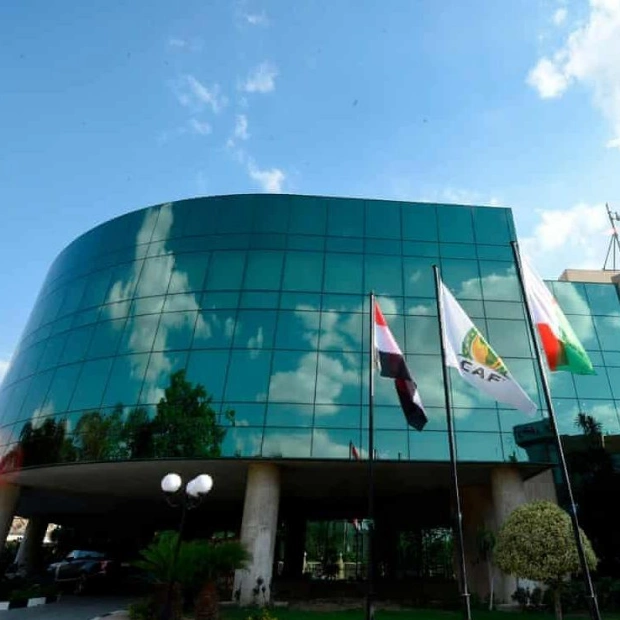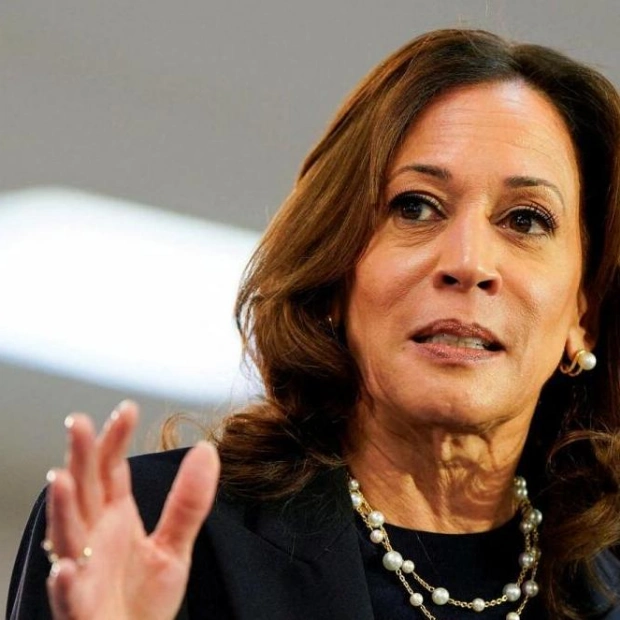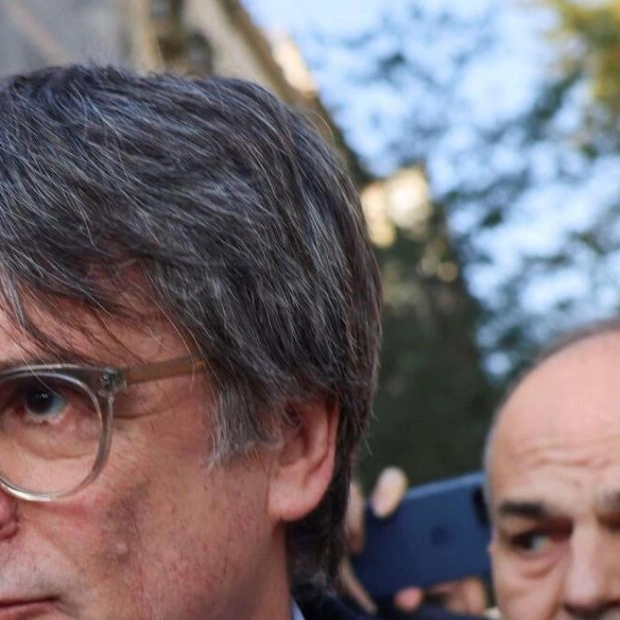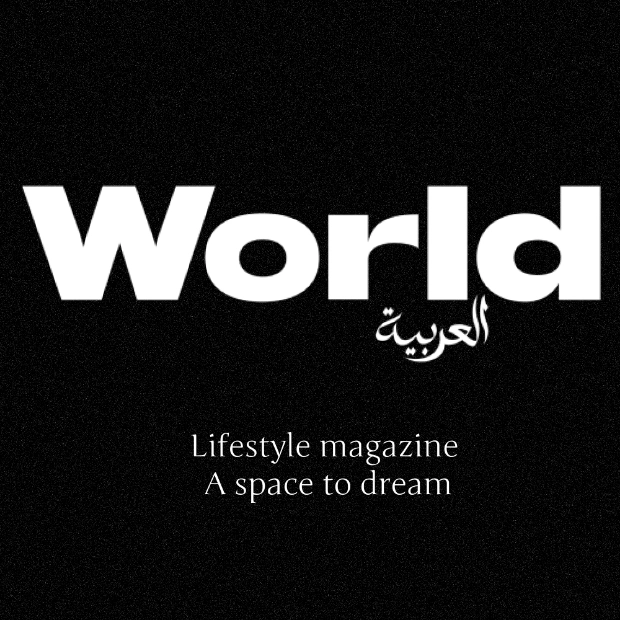The Noguchi Museum in New York City announced on Wednesday that it had terminated the employment of three staff members for violating its revised dress code by donning keffiyeh headscarves, which have evolved into a symbol of solidarity with the Palestinian cause.
Protesters worldwide, rallying against Israel's ongoing conflict in Gaza, have adopted the black-and-white keffiyeh as a symbol of support for Palestinian self-determination. Conversely, proponents of Israel view the scarf as provocative and indicative of support for extremism.
Israel's relentless military campaign in Gaza, which has resulted in the deaths of tens of thousands and created a humanitarian catastrophe, was set off by a lethal assault by Palestinian Hamas militants on October 7.
In a recent update, the museum, established by Japanese American sculptor Isamu Noguchi, instituted a policy barring employees from wearing attire that conveyed 'political messages, slogans, or symbols.' The museum stated, 'While we acknowledge that the intent behind wearing this garment was to express personal views, we recognise that such expressions can inadvertently alienate parts of our diverse visitor base.'
Natalie Cappellini, one of the three gallery attendants dismissed, took to Instagram to accuse the museum's leadership of misusing the term 'political' to target the Palestinian cause.
Historically, the keffiyeh has been a potent emblem of Palestinian nationalism, famously worn by the late PLO leader Yasser Arafat, who was seldom seen without one.
In a recent incident in November, three Palestinian-American students in Vermont were shot in an ongoing investigation, with two of them wearing the keffiyeh at the time.
This is not the first instance in the United States where individuals have faced job loss due to their stance on the Israel-Gaza conflict. In May, a New York City hospital terminated a Palestinian-American nurse after she referred to Israel's actions in Gaza as 'genocide' during an award acceptance speech. Israel has refuted genocide allegations brought forth by South Africa at the World Court.






